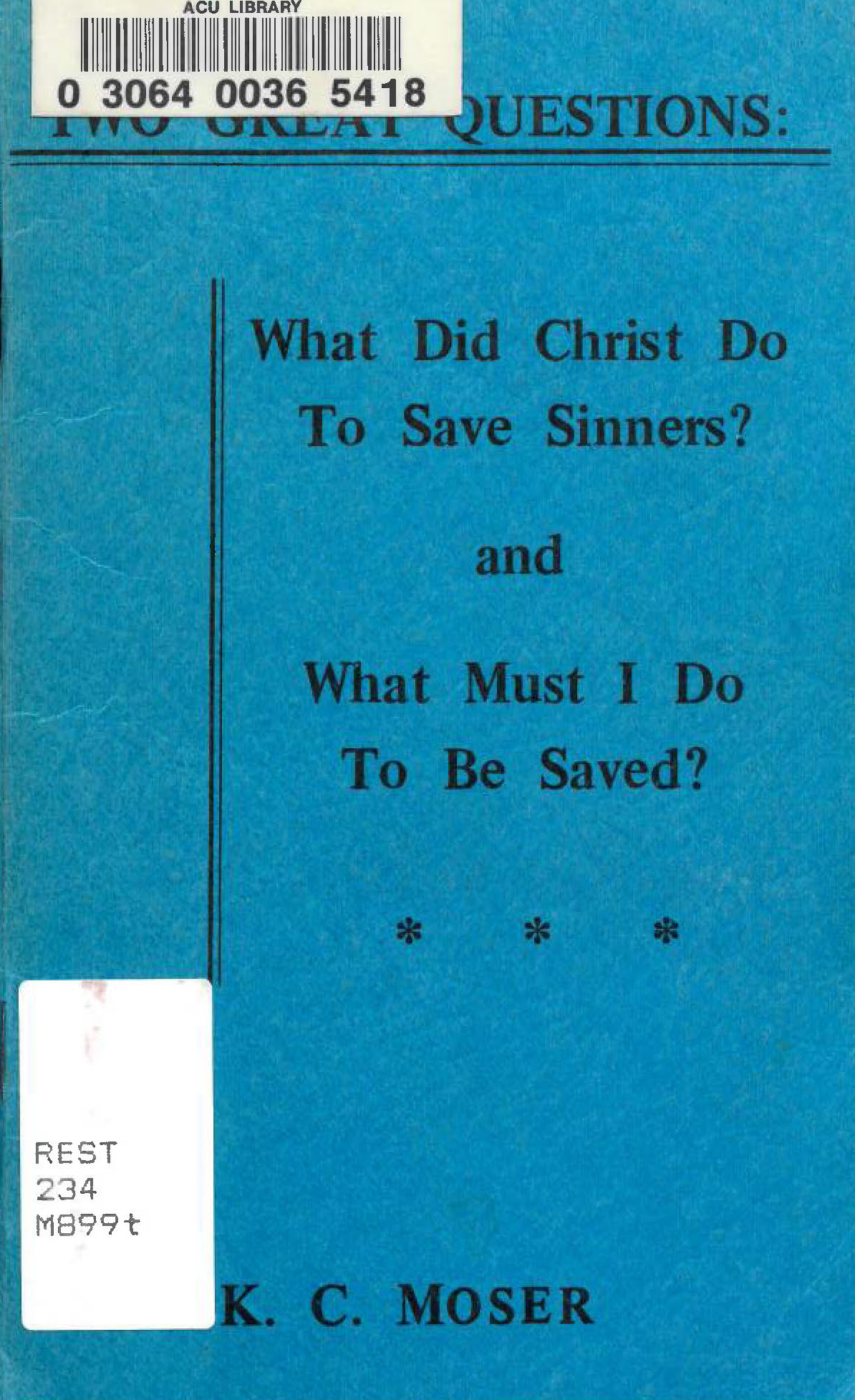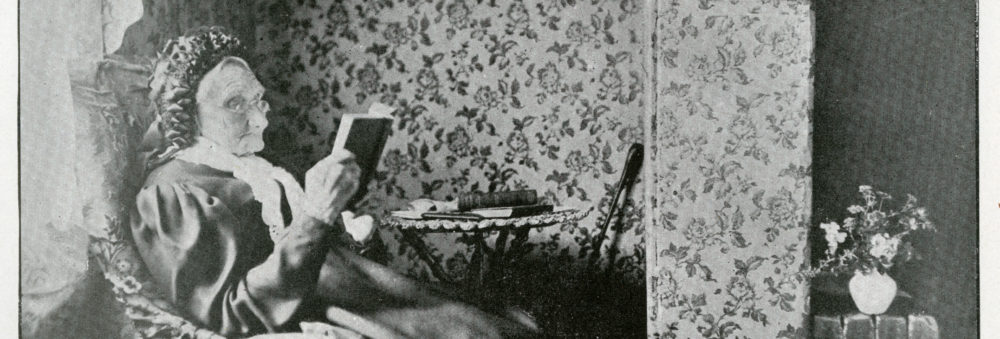The newest addition to our online collection of Stone-Campbell books is this little tract by K. C. Moser, ca. 1975. Download “Two Great Questions” and please share widely!


The newest addition to our online collection of Stone-Campbell books is this little tract by K. C. Moser, ca. 1975. Download “Two Great Questions” and please share widely!

#ACU1955: “A City Set On a Hill,” the 50th anniversary pageant, begins its seven-performance run for Homecoming crowds.
From Dr. John’s Perpetual Calendar: One Hundred Years of ACU History, One Day at a Time. The calendar was published in honor of ACU’s Centennial by Abilene Christian University by the Office of Creative Services, ACU.
#ACU1976: ACU senior Ove Johansson (’77) kicks a world record 69-yard field goal during the Wildcat’s Homecoming game in Shotwell Stadium.
From Dr. John’s Perpetual Calendar: One Hundred Years of ACU History, One Day at a Time. The calendar was published in honor of ACU’s Centennial by Abilene Christian University by the Office of Creative Services, ACU.